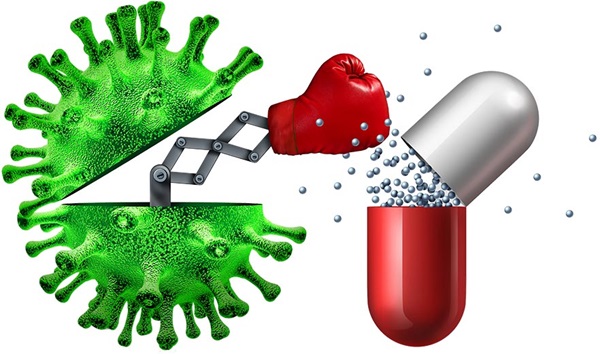
In a strategic move to curb the rising threat of antimicrobial resistance (AMR), the Federal Ministry of Agriculture and Food Security, in collaboration with Management Sciences for Health (MSH), the Fleming Fund Country Grant II and other partners, has launched a grassroots sensitisation campaign across four states in Nigeria.
The campaign, which was conducted in January, targeted key agricultural communities in Akwa Ibom, Anambra, Kano and Kwara states. According to animal health advisor at MSH, Dr. Ibrahim Dauda the initiative is a critical part of the country’s broader strategy to raise awareness and promote responsible antimicrobial practices within the livestock and aquaculture sectors.
Speaking to journalists in Abuja on Thursday, Dauda disclosed that the campaign engaged over 200 poultry and fish value chain operators, equipping them with practical knowledge on responsible antimicrobial use, biosecurity measures, vaccination strategies and the importance of surveillance and reporting systems.
“These participants have now become AMR ambassadors,” Dauda explained. “They are expected to take this knowledge back to their communities and help cascade responsible practices across rural farming populations.”
He warned that the misuse of antibiotics in agriculture remains a silent yet potent driver of AMR in Nigeria. “Many farmers administer antibiotics without any veterinary oversight, which poses serious risks to both animal and human health,” he said.
The campaign adopted an interactive and community-focused approach, incorporating storytelling, group discussions, and data gathering to identify knowledge gaps, especially around antimicrobial misuse and the absence of routine veterinary consultations.
To amplify its message, MSH also developed multilingual jingles that are being broadcast via local radio stations and social media platforms. In addition, the establishment of dedicated WhatsApp groups and community mobilization structures ensures ongoing dialogue and accountability among stakeholders.
“As Nigeria prepares to host the 2026 Global AMR Conference, this campaign represents a timely and locally driven response to a global crisis,” Dauda added. “We’re beginning to understand that AMR isn’t only a science issue – it’s also a behavioural and communication challenge.”
He stressed that this grassroots engagement is a vital part of Nigeria’s national AMR containment strategy, which focuses on public education, policy reform and cross-sectoral partnerships.
Antimicrobial resistance remains one of the world’s most urgent public health threats, responsible for over 1.3 million deaths annually. In Nigeria alone, AMR contributed to more than 263,000 deaths in 2019, exceeding fatalities from malaria and tuberculosis.
Experts identify the main drivers of AMR as the excessive and inappropriate use of antibiotics in humans and animals, poor infection prevention, inadequate regulation enforcement and public misuse of over-the-counter medications.
Combating AMR requires a comprehensive One Health approach that unites human health, veterinary services, agriculture, and environmental sectors, particularly the private sector, which accounts for over 60 per cent of Nigeria’s healthcare delivery system.
As the 2026 global conference draws near, Nigeria’s community-led initiatives are positioning the country as a continental leader in the fight against this looming health and development threat.

